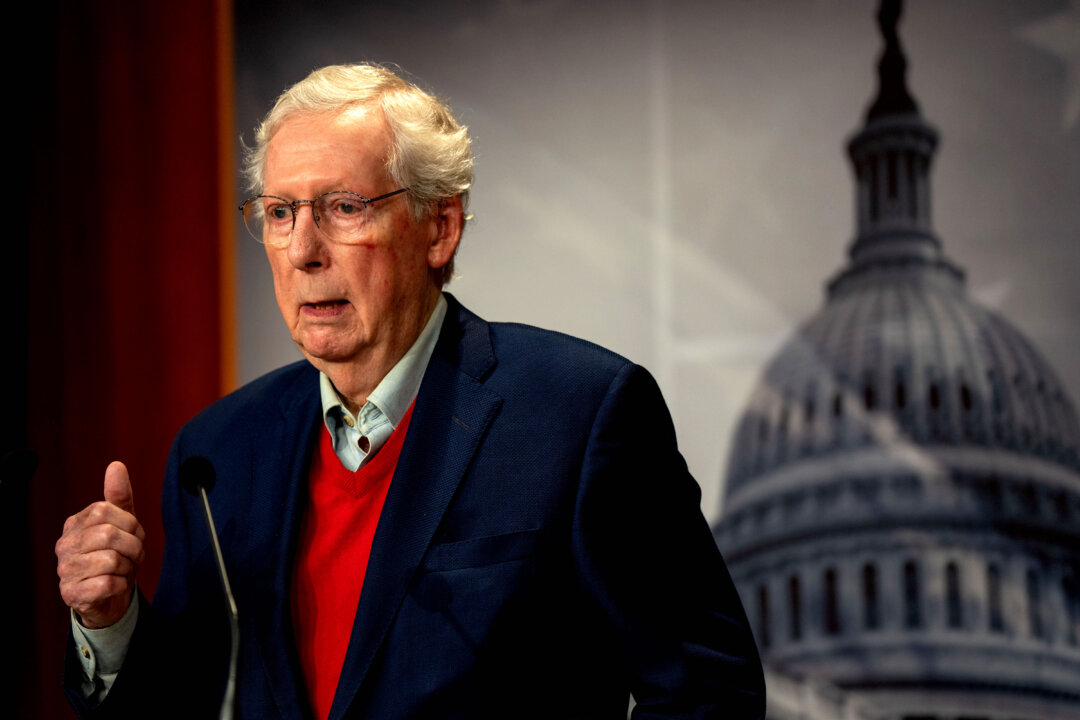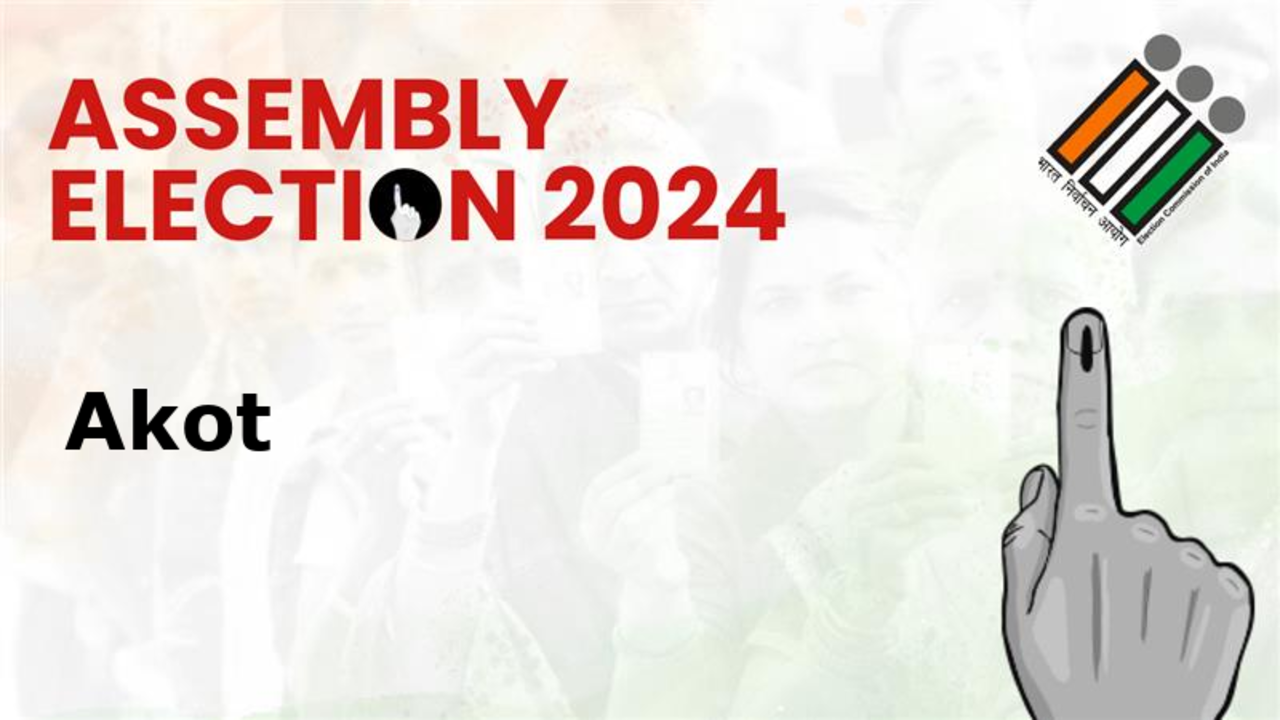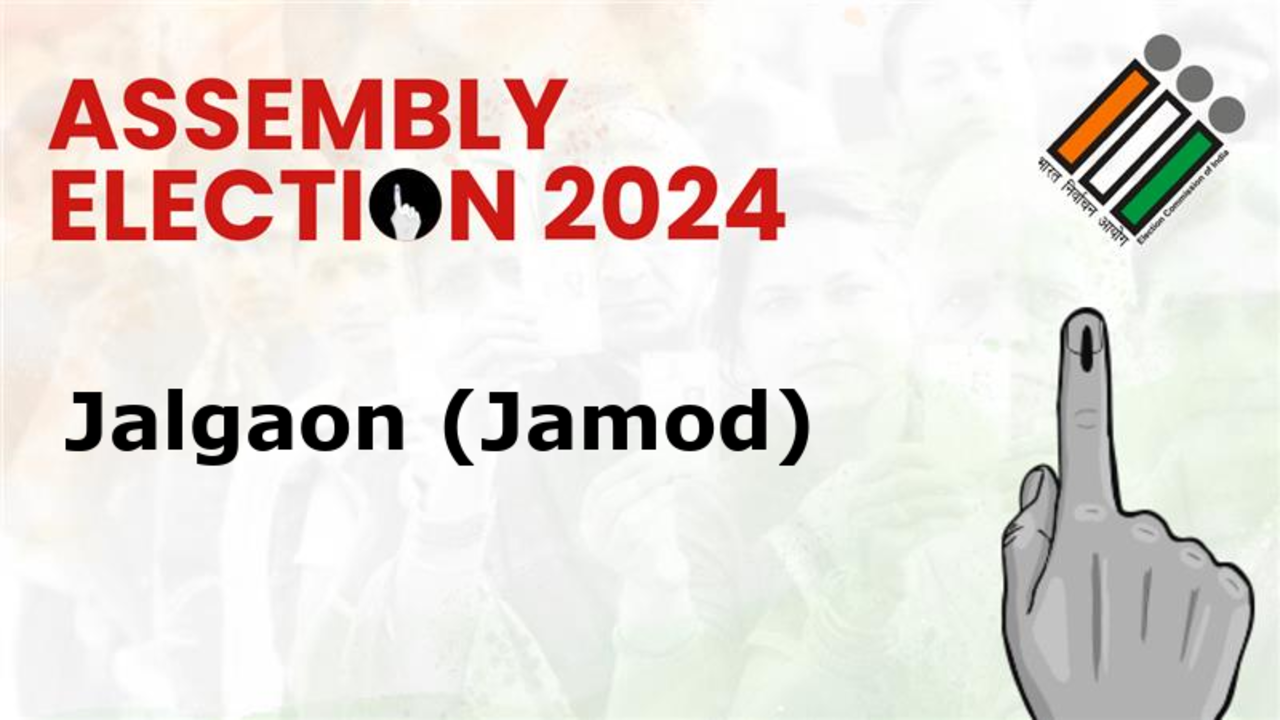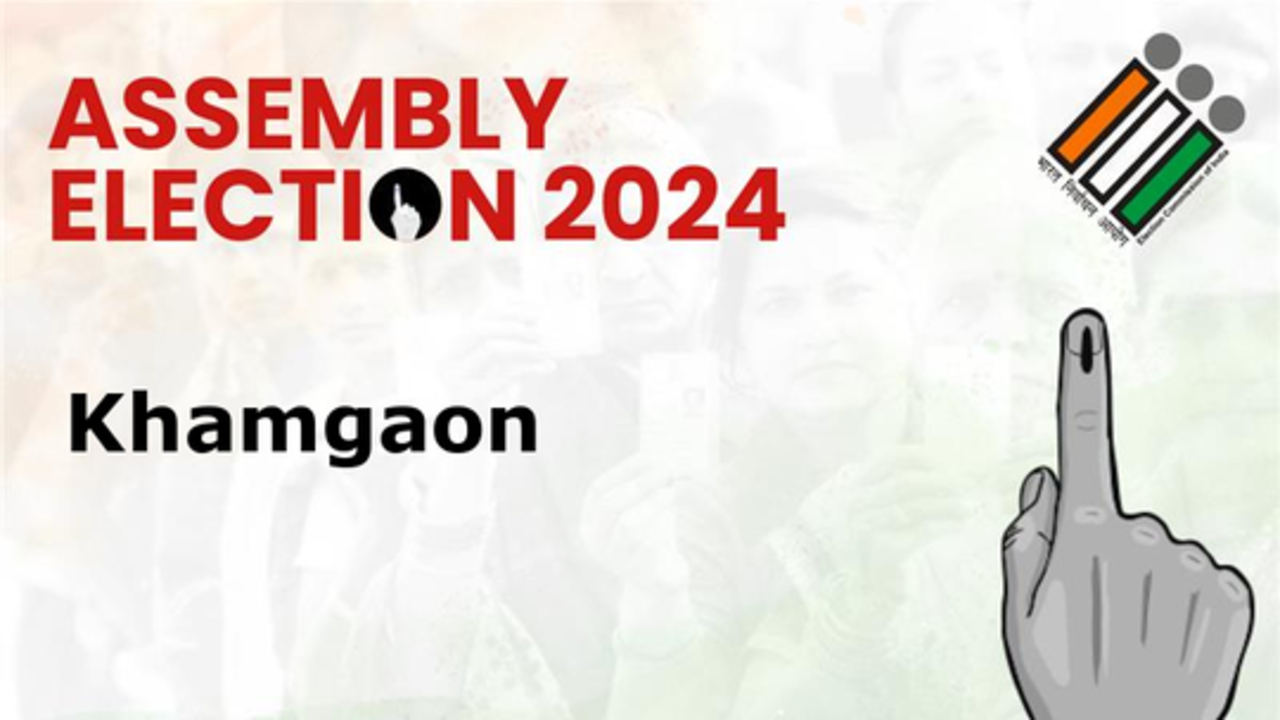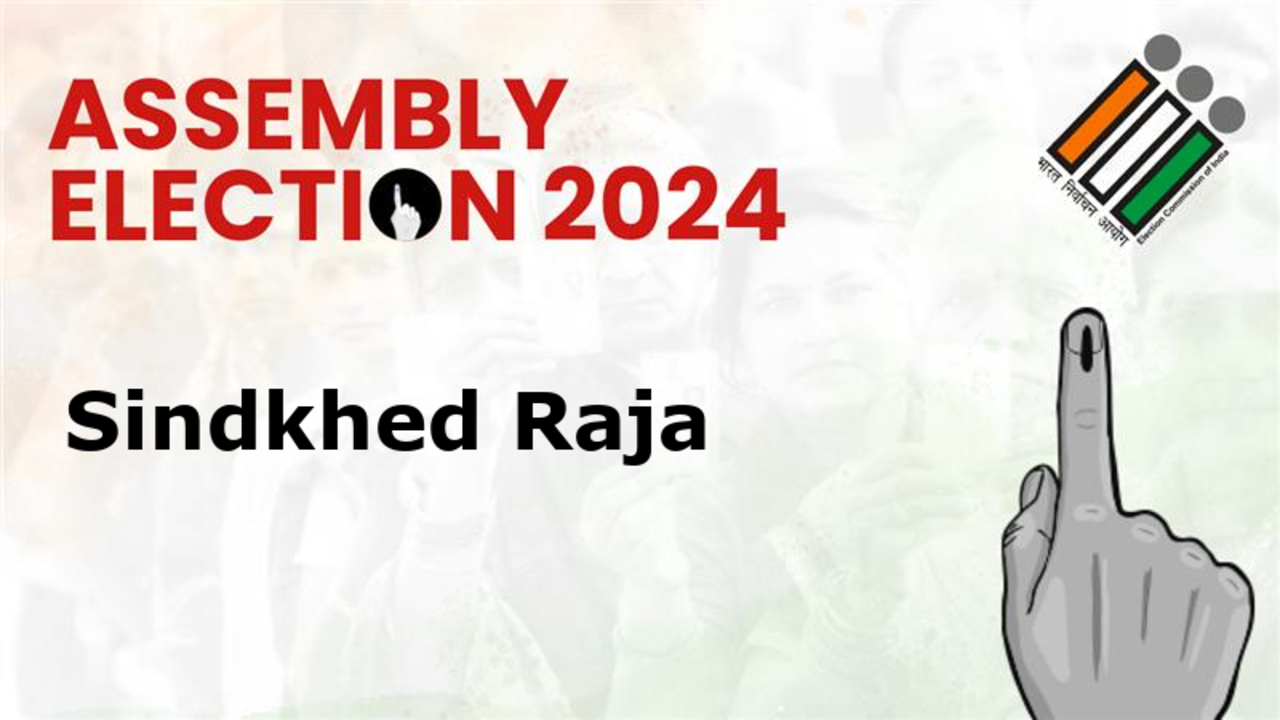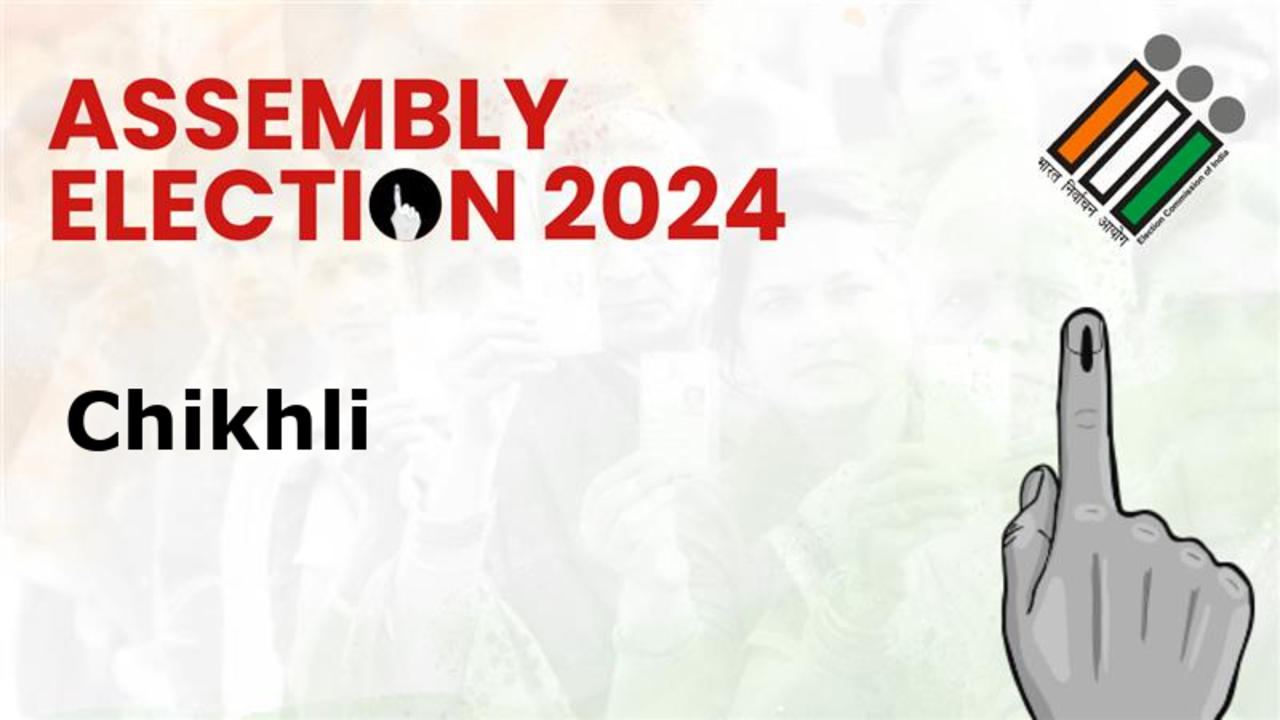
Chinese President Xi Jinping has moved to gain more economic allies across the Asia-Pacific after arriving at a regional summit with a pledge to build a “multipolar” world, seizing on growing anxiety about the rise of Donald Trump to the United States presidency. The message highlights China’s growing power at the Asia-Pacific Economic Cooperation summit when the country is investing billions of dollars across the region, challenging the US for primacy. Prime Minister Anthony Albanese met new Indonesian President Prabowo Subianto.
Credit: Alex Ellinghausen Prime Minister Anthony Albanese acknowledged the wave of Chinese investment and welcomed the trend, saying it was an opportunity for Australia because of the economic growth in China and other big countries such as India and Indonesia. But tensions over China were apparent in the prime minister’s meeting with newly-elected Indonesian President Prabowo Subianto , who spoke of the need to “lower the temperature” with Beijing. Xi arrived in Peru for the APEC summit with a declaration that he would champion “true multilateralism” and promote an “orderly multipolar world” that was inclusive.
“The world is undergoing faster transformation unseen in a century. Humanity has again come to a crossroads in history,” he said in a statement issued in his name in the Peruvian media. While Xi did not name Trump, his statement comes as APEC leaders prepare for the incoming US president to act on his vow to impose 60 per cent tariffs on China and 20 per cent tariffs on other countries.
Albanese said the Chinese investment would be an opportunity for Australia. “The rise of China as an economic power is a fact. It’s not theoretical.
It’s something that is a fact. And it will also be increasingly driven by economic factors and by population, as well,” he said. “And that’s why Australia is well positioned as a country that is located in the fastest-growing region of the world in human history.
That represents opportunity.” But a brief comment by Prabowo towards the end of his opening remarks to Albanese in their formal meeting in Peru on Thursday morning, local time, revealed a key concern about China. Their talks at the summit canvassed the need to stop people smugglers, co-operate on defence and work together on trade, but Prabowo also acknowledged the need to manage the rise of China.
“I am happy with the state of our security co-operation – police to police and military to military,” Prabowo said. “We have very common problems and the context is very serious ..
. with people smuggling.” He added that he was trying to improve relations with all of Indonesia’s neighbours, including Malaysia, the Philippines and Vietnam.
“And some sort of management with the Chinese to de-escalate and lower the temperature,” he added, before the media was asked to leave the room. Prabowo raised concerns in Australia and other neighbours in recent days with a statement that acknowledged “overlapping claims” in the South China Sea, which seemed to shift Indonesia’s long-standing position against China’s maritime claims in the area. But the Indonesian president clarified on Wednesday that he was not changing policy on the disputed waters.
“We respect all powers, but we will always safeguard our sovereignty. But I choose to always find possibilities of a partnership,” Prabowo said in Washington, DC, after meeting US President Joe Biden at the White House. Prabowo also met US Defence Secretary Lloyd Austin in Washington and the two discussed the South China Sea, according to a readout from the US Defence Department.
Albanese acknowledged the concerns about the South China Sea when asked about his meeting with Prabowo. “He is looking like other nations in that part of the world, around the South China Sea, to ensure that there is peace and stability and security there, and that there is engagement and dialogue to make sure that there aren’t any incidents that can escalate quickly,” he said. The messages from all sides appeared to indicate that Australia and Indonesia were taking similar positions on the South China Sea once again.
One of America’s most powerful finance leaders, JPMorgan Chase chief executive Jamie Dimon, sent a warning signal about the challenges facing Trump when he assumed office on January 20. “The most important thing is, whoever had been elected, and this is my belief, they are entering and could be responsible for the most complicated geopolitical, military and geo-economic situation that the world has faced since World War II,” Dimon said at the APEC CEO Summit. “And of course, I wish them all the best.
It could be a difficult thing with a lot of unknowns and uncertainties, and so policy is going to matter. And you know, of course, who runs the government will be determinative there.” Cut through the noise of federal politics with news, views and expert analysis.
Subscribers can sign up to our weekly Inside Politics newsletter ..








